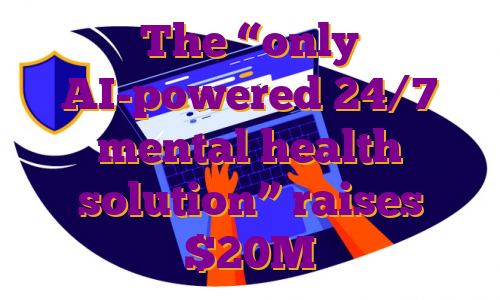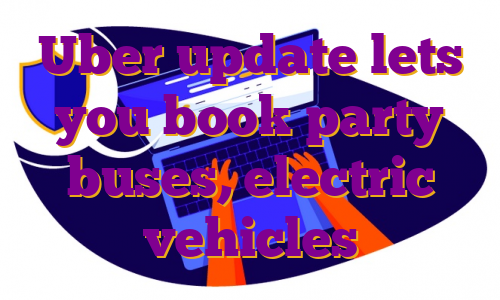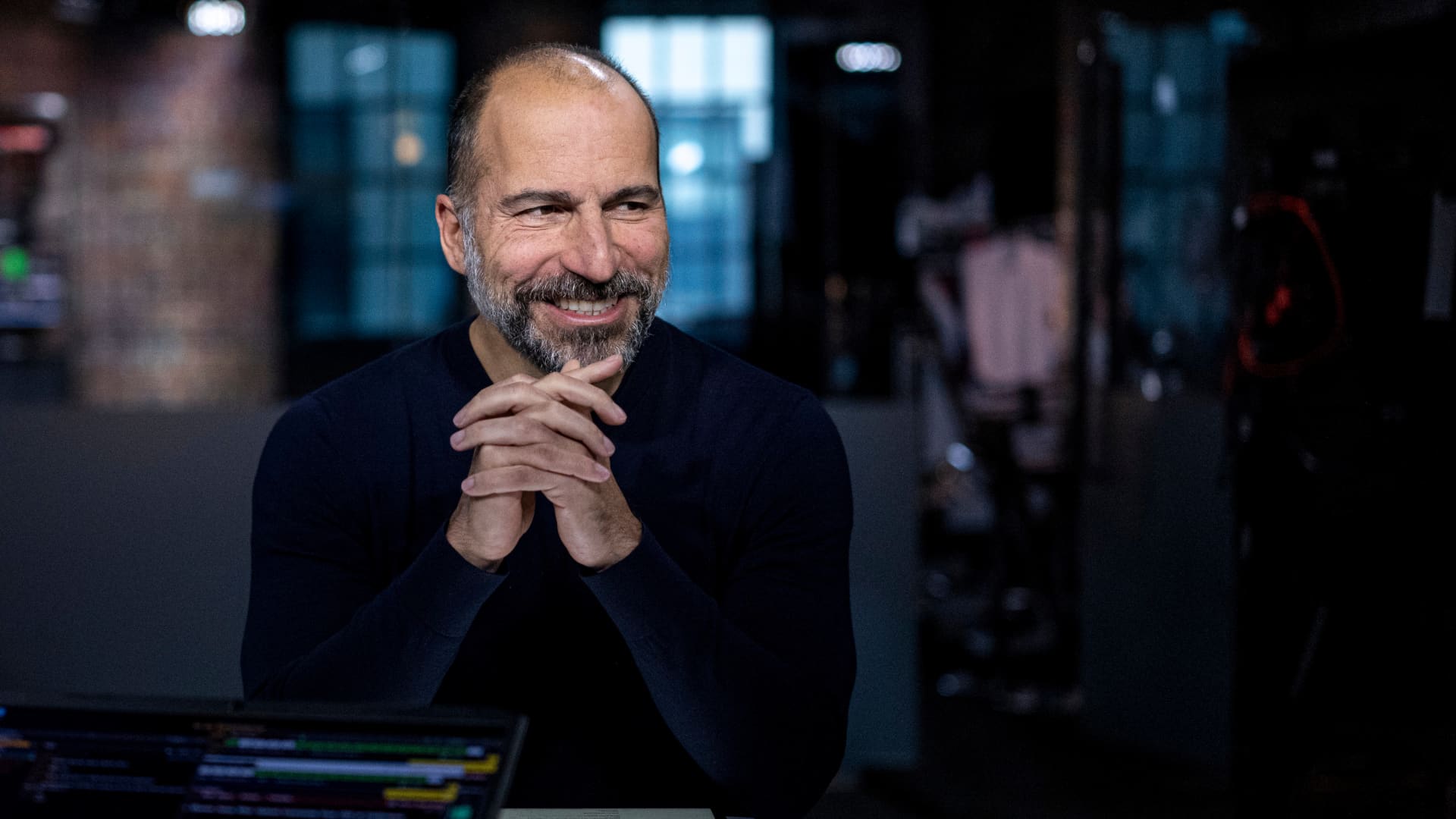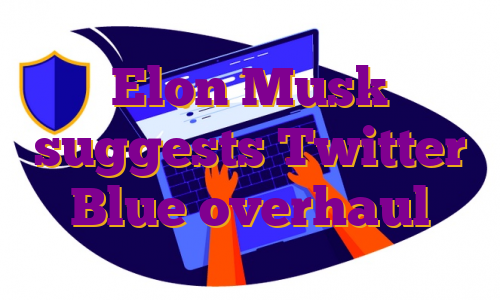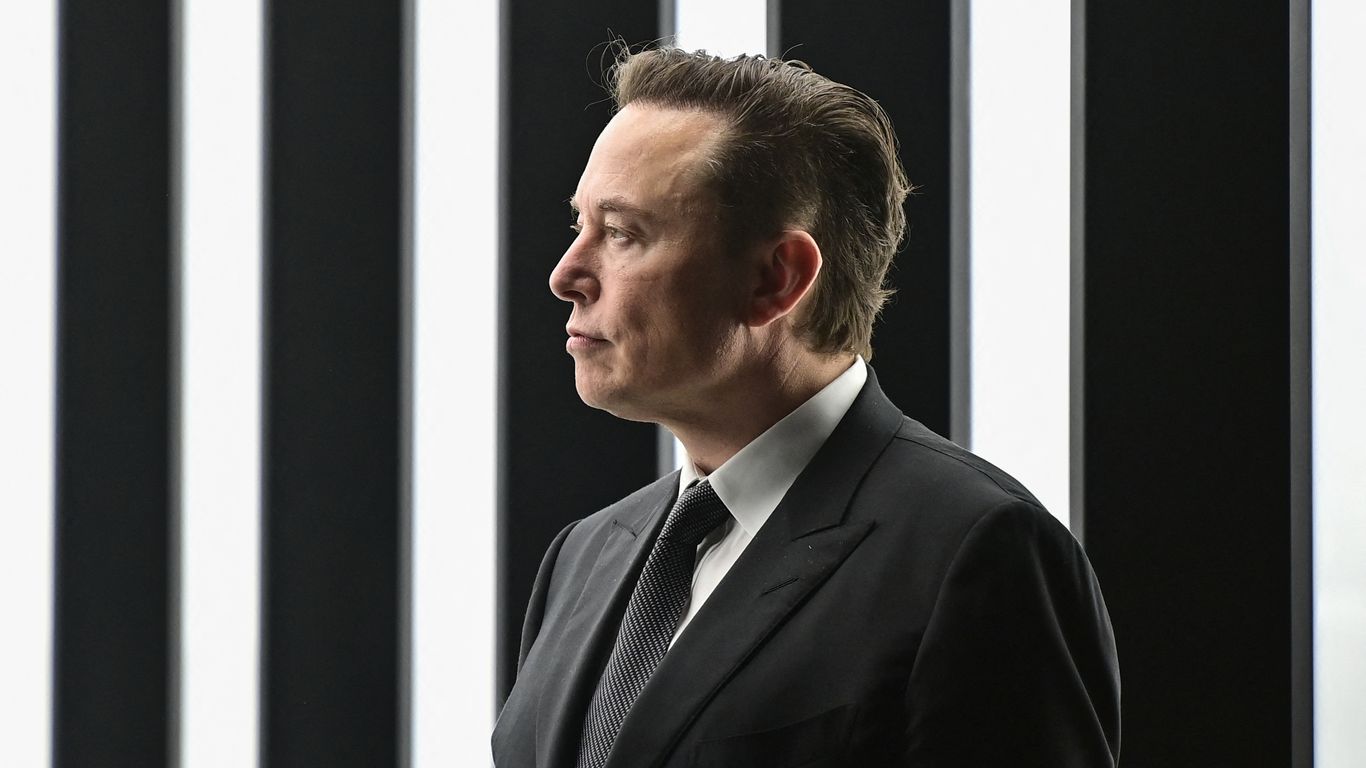
One in eight people in the world have a mental health disorder, according to the World Health Organization, but high treatment costs and a shortage of healthcare professionals make it difficult for people to seek help.
Wysa, a company founded in 2015 that provides AI-driven mental health support through an app, is trying to circumvent the traditional mental health landscape entirely by giving consumers the power to access support directly at any time of the day, said Ramakant Vempati, cofounder of Wysa.
Last week, the company, located in Boston, London and Bengaluru, India, secured $20 million in series B funding from HealthQuad and British International Investment. Including this investment, Wysa has raised a total of $29.4 million. Other investors in the company are W Health Ventures, Kae Capital, pi Ventures and Google Assistant Investments.
The money will be used to help expand Wysa’s reach in the U.S., United Kingdom and India across enterprises, payers and providers, and grow its workforce, Vempati said. It will also use the funding to conduct additional clinical trials. In May, it gained Breakthrough Device Designation by the Food and Drug Administration for patients 18 years and older with a diagnosis of chronic musculoskeletal pain, depression and anxiety. Wysa is now working to receive full FDA approval as a prescription digital therapeutic, meaning something physicians can subscribe for treatment.
The Wysa app is an AI-driven chatbot that provides cognitive behavioral health therapy 24/7. Users do not need a username or login, which Vempati claimed provides privacy and reduces stigma for people seeking mental health care. The app asks users open-ended questions to prompt them to respond with how they’re feeling. Then it guides them through techniques, created by clinicians, to reframe negative thoughts or build new behaviors.
“While Wysa has over a 100 natural language understanding AI models through which it listens, the prompts it provides are not AI — they come from a clinician-approved rule engine that allows it to respond intelligently, appropriately, while maintaining clinical safety,” Vempati said.
The app started with four AI models: an ability to classify sentiment, emotion, SOS and objection (when users feel they’re not being fully understood). Through an analysis of conversations by clinicians and designers, new models were created, eventually reaching over 100 models in the past six years. Wysa’s AI evolved through co-design between clinicians, users and designers, Vempati said.
“For example, a large number of users objected to reframing negative thoughts about a cheating partner,” Vempati said. “This led us to create a new model to detect that the user was talking about a relationship with trust issues, and took a different path to motivating them to follow the therapeutic pathway.”
He claimed that because the app is built on data from 4.5 million users from 65 countries, a diverse population with different life experiences can use it and benefit from it. That diversity is also reflected in Wysa’s team members that include licensed therapists from all over the world who speak different languages, he said.
Free and premium versions of the product are offered. The free version involves the AI companion and an initial set of tools users can use to improve their mental health, while the premium version provides an entire toolset and unlimited coaching. There are three options for the premium version, which allows users to directly talk to a therapist: 12 therapy sessions over a quarter cost $144.99; four sessions each month cost $79.99 or one session each week costs $29.99.
While the company allows consumers to use its services directly, the products are also meant for employers, public health agencies and payers/providers.
Wysa’s main competitors are employee mental health benefit services like Spring Health, mental health apps like Talkspace and AI-powered chatbots like Woebot. But Vempati said Wysa differentiates itself from competitors by offering support 24/7.
“Some competitors are focused on employee health benefit packages that include traditional health or mental health apps but these are not available 24/7 and often are not enough to help people through a difficult period,” Vempati said. “Wysa is the only AI-powered 24/7 mental health solution providing users with the guidance and tools they need to maintain their mental health and prevent deterioration, empowering users to take a proactive approach toward their own mental health.”
Vempati claimed Wysa addresses health inequity by providing free mental health access that users can receive at any time of the day. He said that 95% of its consumers who access it directly — meaning not through employers, public health agencies or payers/providers — use the free version of the app. Not requiring a login, diagnoses or insurance also removes barriers to seeking care through the app, Vempati said.
For those who can’t access the app via smartphone, Wysa is available on the internet for its enterprise and public health partners. Vempati said the company added features for visually impaired consumers, and participated in an Apple accelerator program to implement the features. Wysa is also working with AWS, a subsidiary of Amazon, to add in voice features. Lastly, it received funding from Google Assistant Fund to expand its voice features.
“The intent in building Wysa is to make such social determinants of health irrelevant — to ensure ‘permission-free’ mental health access, where anyone with a smartphone is able to get high quality, early stage, support; anytime and anywhere,” Vempati said. “It’s our hope that the free version of Wysa will one day be available in every language so anyone with access to a computer or smartphone has the opportunity to improve their mental health.”
Photo: SIphotography, Getty Images
.

